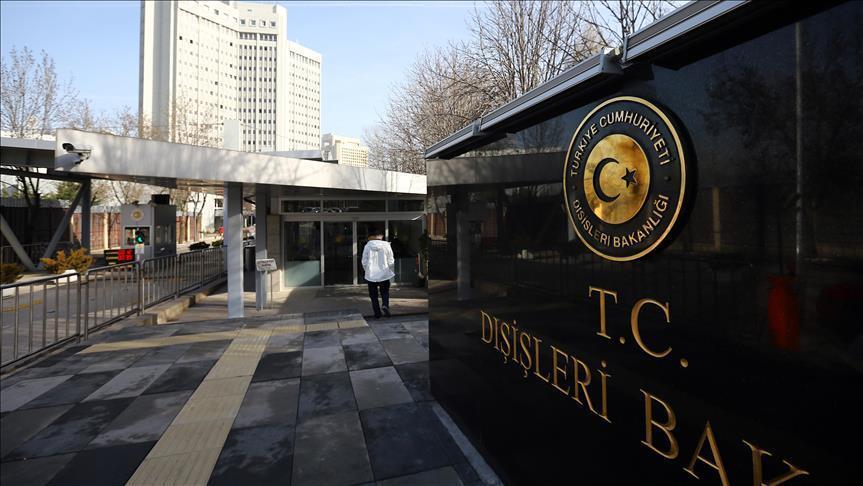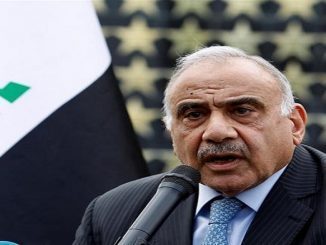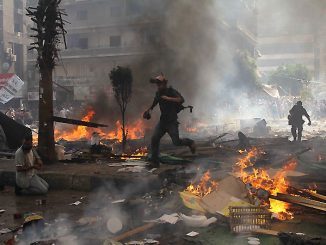Abdel Fattah al-Sisi of Egypt continues to follow the footsteps of the ousted President Hosni Mubarak, particularly with regard to the files of corruption, silencing and suppressing the voices and freedoms of the forces opposed to him, through the consecration of the security grip. These actions have affected the Egyptian street. Though the Egyptians used to consider Sisi as a savior who saved the Egyptian state from the danger of the Muslim Brotherhood, however they reached a conviction, three years after Al-Sisi seized power, that he is continuing the old path of corruption in the country.
Three years after the military coup that brought Sisi to power after the removal of the Muslim Brotherhood and the overthrow of President Mohamed Morsi, Egypt has become in a difficult economic situation that is tainted by corruption, which is much like Mubarak’s time. This exposed the al-Sisi regime to harsh criticism that focused specifically on the economic sphere.
Among the most important manifestations of corruption that has spread in the time of al-Sisi is that just during last July, 64 files of corruption were opened, especially in the fields of wheat and fuel storage, which led Bloomberg company to freeze its investments in Egypt, amounting to $ 250 million.
The strange thing is that Sisi is interested in the mega projects. He was interested in the expansion of the Suez Canal, which cost about eight billion dollars, at a time when Egypt’s financial fund has been decreasing since the start of work on that new shunt. The Suez Canal revenues have seen a significant decline after its losses reached $ 210 million.
It is noteworthy that Egypt’s current regime, which seems, at first glance, that it is solid due to its declared components -starting with the liberals and ending with the Salafists through the Coptic Church, down to the remnants of the Mubarak regime- but it has recently been witnessing a state of corrosion that raises the concern of the Egyptian security apparatus, which prompted them to submit a recommendation to authorities not to raise fuel prices because of the poor economic situation of the Egyptians.
The recent months have seen widespread criticism within the Egyptian liberal circles against al-Sisi because of his economic measures, and the ongoing arrests among the human rights activists, as well as the strict laws that limit the freedom to demonstrate, which is similar to the situation during the era of the Mubarak regime. The current Egyptian regime led by Sisi depends on the security services and their suppression, by allowing the police officers to use excessive violence against Egyptian citizens.
What is striking is that the men of the old regime of Mubarak (the remnants) have begun returning to the state’s major positions and started to control important sites. In addition, the Egyptian press has lost a large part of its independence due to the state’s continuing interference in its affairs, and harming its independence. This led senior Egyptian writers and intellectuals to feel worried about their future; as they used to consider Sisi as a savior and a light at the end of the tunnel, but they now embrace different ideas that a heavy black future is coming to the country and may end up with Sisi’s losing of his authority at the end of this year.
The difficult situation in Egypt is not a talk of the elites and intellectuals only, but many Egyptians believe that the internal situation in the country is deteriorating, and it seems that al-Sisi is not notified by his advisers on how far the situation is difficult and dangerous. On the contrary, Sisi’s advisers pushed him to resort to seeking a $ 12 billion loan from the International Monetary Fund, even though they do not know how they will repay these amounts.
Observers of the Egyptian scene now notice clearly that the public and elites are boldly criticizing Sisi’s political action and economic procedures. Moreover, the regime deals with this boldness of criticism with further action which aims to limit the freedom of expression. All this happens in coincidence with the return of the remnants of Mubarak’s regime from the state’s back doors, prompting many of the intellectuals and the Egyptian elites to say explicitly that there is no difference between the prevailing security services today in the era of al-Sisi, and those that were dominating during Mubarak’s time.
(This article was published in Maariv, and translated for MEO)



